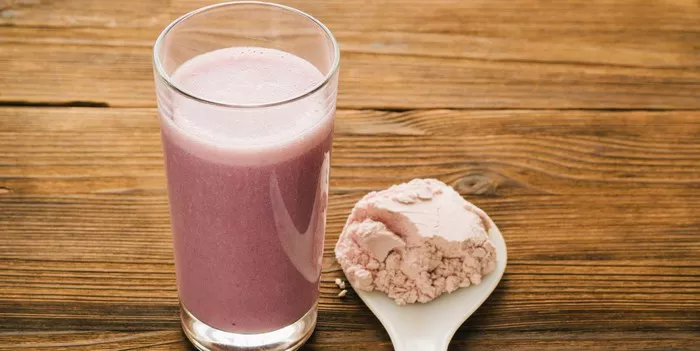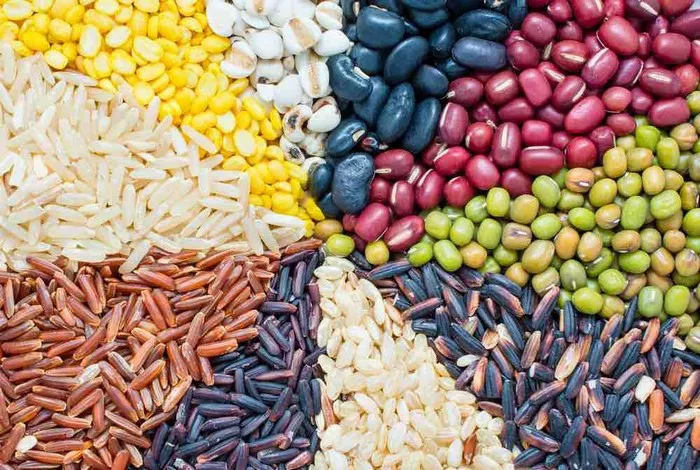Protein products are currently enjoying widespread popularity, evident from the overflowing shelves of supermarkets and health stores across the UK. It’s estimated that approximately one in ten individuals in the country consumes a protein bar weekly, with a similar number incorporating protein powders into their regular diet.
The financial commitment to these products is substantial. Take, for instance, the protein shakes available at Joe and the Juice, a prominent coffee and juice bar chain. The introduction of protein shakes contributed significantly to the company’s impressive £45 million profit last year.
Among its offerings is the Beets and Berries protein shake, priced at £9. This blend includes strawberries, beetroot powder, banana, date puree, collagen, whey protein, and ‘sproud m*lk’—a milk alternative containing pea protein, rapeseed oil, and oat oils.
Protein plays a crucial role in our bodies, supporting energy levels, growth, tissue repair, and the maintenance of bones and muscles. As consumer interest in health and wellness continues to grow, the demand for protein-rich products shows no signs of slowing down.
[inline_related_posts title=”You Might Be Interested In” title_align=”left” style=”list” number=”6″ align=”none” ids=”10163,10160,10130″ by=”categories” orderby=”rand” order=”DESC” hide_thumb=”no” thumb_right=”no” views=”no” date=”yes” grid_columns=”2″ post_type=”” tax=””]

































